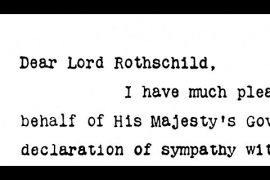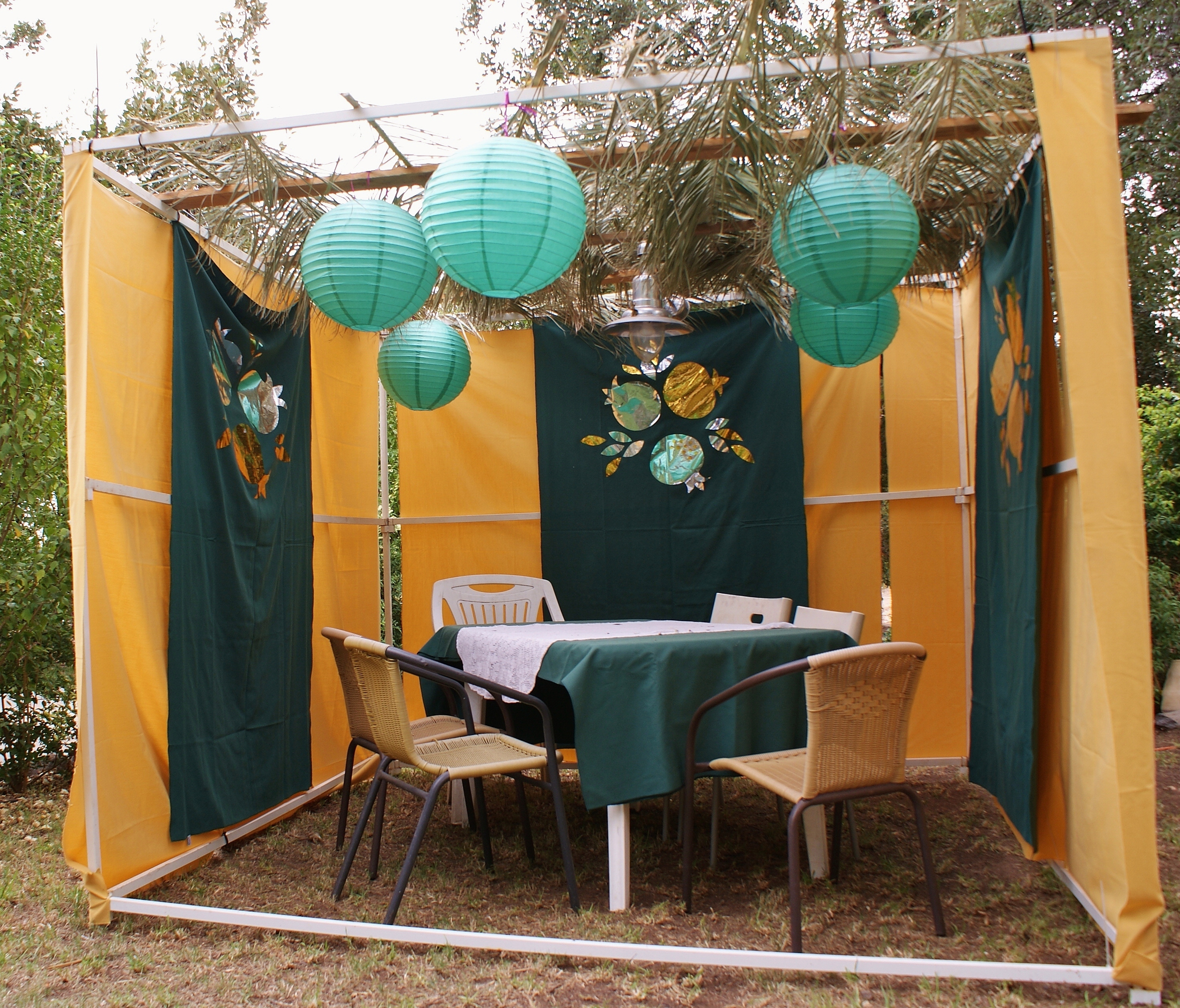1) Orna Mizrahi analyses Lebanon’s incoming government at the INSS.
“After a delay of more than a year, a new government was formed in Lebanon, led by billionaire Najib Mikati. The government will be able to stem the collapse of Lebanon, which is in the midst of the worst crisis in the history of the country, only if it learns to advance the reforms demanded by the international community as a condition for the transfer of the billions of dollars that Lebanon desperately needs. But the composition of the government does not bode well for this objective, and it seems that the prospects for success are slim. The government was composed according to an old sectorial-based formula, and the ministers, most of whom lack experience in their fields of responsibility, were elected by the party leaders of the different sects and act on their behalf. For its part, Hezbollah has retained its power and ability to influence decision making. Thus far the new Prime Minister has not refrained from criticizing the organization (e.g., on the issue of fuel deliveries from Iran), but he will likely find it difficult to contain Hezbollah’s influence in the future, especially in the context of the struggle against Israel.”
2) Also at the INSS, Haggay Etkes discusses ‘The Arrangements Law and the Palestinian Economies’.
“The proposed reforms in importation of manufactured goods and agricultural produce are expected to affect the Palestinian economies in the West Bank and the Gaza Strip, which are part of the Israeli customs union. Increasing exposure to imports of goods and agricultural produce by easing import procedures and gradually reducing tariffs is expected to help Palestinian consumers by lowering product prices, and in particular, food products that are more important in the Palestinian consumer basket compared to the Israeli basket. On the other hand, the exposure could harm Palestinian producers and farmers, especially in the northern West Bank. However, policy measures – approval for Palestinian producers to market to the Israeli market under European standards and assistance in adjusting agriculture in the northern West Bank for the expected exposure – may help maximize the benefits of reforms for Palestinian economies and reduce the cost of living there, while containing damage.”
3) Jonathan Spyer looks at growing relations between Turkey and Russia.
“With major disputes extant between Athens and Ankara over air and sea rights in the Aegean, and drilling rights in the eastern Mediterranean, it is not hard to see why the direction of events has Turkey rattled, nor why Erdogan is looking around for new partners. The US is engaged in a general drawdown in the region. Greece has been active in efforts to ensure Washington of its firm pro-US alignment in any emergent strategic competition with Russia. US anger over Turkish purchase of Russian military equipment and over human rights violations, along with other US alliances make Washington unavailable as a partner for Turkey’s regional ambitions.”
4) The Alma Center has published a report about ‘Hamas’s growing front in Lebanon’.
“In the past, Israeli officials have openly acknowledged that Hamas is building new fronts against Israel, including in southern Lebanon. Those statements received significant confirmation in recent months. Between May and August 2021, there have been five incidents of Grad rockets from Lebanon against Israel. Hamas’s military infrastructure was likely behind these incidents.
Hamas’s activities in Lebanon occur with the assistance and supervision of the Iranian Quds Force, specifically, its Palestine Branch. But that fact doesn’t reflect the full story. Hamas’s relations with Iran – and with Hezbollah – have known their ups and downs – and that’s an understatement.”






A lot of clever opinions – but not one to report on the Israeli side of Lebanon’s problem. Israel offered to help and make peace with Lebanon – but they were declined by Hezbollah – on the instructions of the controlling colonial power – ie.. Iran.